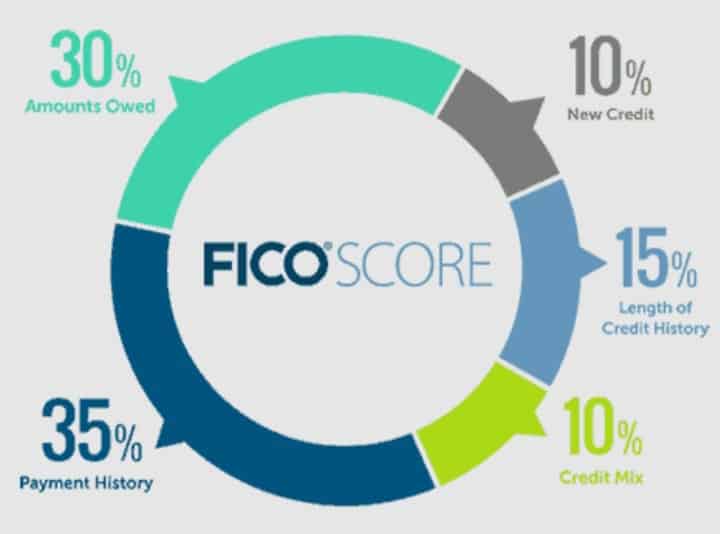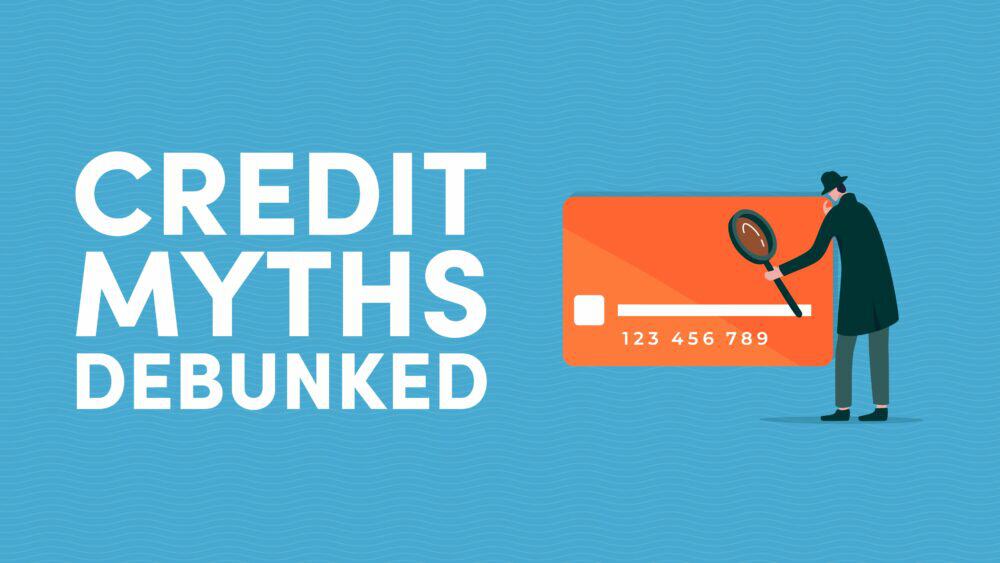
10xTravel is part of an affiliate sales network and receives compensation for sending traffic to partner sites, such as CreditCards.com. This compensation may impact how and where links appear on this site. This site does not include all financial companies or all available financial offers. Terms apply to American Express benefits and offers. Enrollment may be required for select American Express benefits and offers. Visit americanexpress.com to learn more. All values of Membership Rewards are assigned based on the assumption, experience and opinions of the 10xTravel team and represent an estimate and not an actual value of points. Estimated value is not a fixed value and may not be the typical value enjoyed by card members.
Note: Some of the offers mentioned below may have changed or may no longer be available. The content on this page is accurate as of the posting date; however, some of our partner offers may have expired. You can view current offers here.
If you’ve been paying attention to your credit score and how it’s calculated, you may have noticed that one of the smaller facets of your credit score is your length of credit history. Often overlooked, this is one of the most misunderstood aspects of credit scoring. Today, we’re going to spotlight this a bit and explore what it means.
To do that, let’s take a look at a recent question I received from one of my readers.
Hi Bryce,
You talk a lot about how you close old credit cards that you no longer use. Doesn’t that reduce your average age of accounts and therefore damage your credit score?
Credit Karma seems to indicate that the average age of accounts is an important part of my credit score.
Michael
Great question. To address this issue, let’s begin with a quick overview of how your average age of accounts (AAoA) affects your credit score. If you’re interested in learning more about the ways by which overall credit scores are calculated and how you can keep a healthy credit score, check out my Ultimate Guide to Understanding Your Credit. For today, though, I’m going to focus solely on your Length of Credit History.
Average Age of Accounts is one of the factors that contribute to your overall Length of Credit History, which itself accounts for 15% of your total FICO credit score.

Average Age of Accounts is calculated as a simple, non-weighted average; it’s the sum of the ages of your credit accounts divided by the number of accounts that you hold. However, AAoA isn’t the only factor that goes into the Length of Credit History metric.
The Length of Credit History metric factors, in order of importance, are as follows::
- Age of Oldest Account
- Average Age of Accounts
- Age of your newest account
To elaborate, let’s start by introducing a little secret about the FICO credit scoring model.
When you close a credit card, it can stay on your credit report and continue to age for 10 years.
This means that you could open a credit card today, cancel it tomorrow, and 9 years from now, it would still show up on your credit report and contribute to your credit history.
Biased and unchecked by basic logic? Perhaps. However, that’s how the rules are written. With that, let’s take a quick look at how you can use this to your advantage.
Suppose you have 3 credit cards, each with the following ages: Card 1 is 7 years old, Card 2 is 3 years old, and Card 3 is 2 years old. This means that your average age of accounts would be (7 + 3 + 2)= 12 ÷ 3 = 4 years.
Now, let’s say that you decide to cancel Card 2. Maybe the rewards aren’t worth holding the card any longer, or perhaps the annual fee is too high to justify keeping it in your wallet, or maybe you’ve just run out of room in your wallet. The reason is irrelevant; the point is that you want to cancel.
Ten years later (assuming you didn’t open/close any other credit cards) your account ages would look like this: Card 1 is 17 years old, Card 2 is 13 years old, and Card 3 is 12 years old. This means that your new average age of accounts would be (17 + 13 + 12) = 42 ÷ 3 = 14 years, which is exactly the same as if you didn’t cancel Card 2 ten years earlier.
But what happens one month later when Card 2 finally falls off your report? That will really hurt your AAoA right?
Let’s take a look.
Now, Card 1 is 17 Years Old, Card 2 is irrelevant, and Card 3 is 12 years old. Your new average age of accounts would be (17 + 12) = 29 ÷ 2 = 14.5 years! Your AAoA went up!

Closing card 2 did absolutely nothing to harm your AAoA. Zip. Zero.
Recall that the most important metric in calculating the Length of Credit History is the age of your oldest card, which is Card 1 in this example. Because Card 2 wasn’t your oldest credit card, it’s safe to say that closing it had almost zero effect whatsoever on your Length of Credit History. And therefore, almost zero effect on your credit score.
What if you decided to close Card 1 instead of Card 2? Then, your average age of accounts would be (13 + 12) ÷ 2 = 12.5 years, which is smaller by 2 years. This basic mathematic demonstration shows that older credit cards have a much larger impact on your AAoA. If your cards are wildly different in age, then you’ll want to be sure to keep the oldest ones. Closing the youngest ones will have almost no effect on your overall average, but closing the oldest ones can be harmful.
Besides raising your average age by closing your oldest card, the only potentially harmful effect would come from a reduction in your total available credit, which could potentially cause your credit utilization to rise and negatively affect your score. This is also covered in my Ultimate Guide to Credit, so hop over there if you’re curious about that.
So, should you go out and close every credit card that you simply don’t want anymore?
Of course not.
Unless you have a reason to close a card (big annual fee, etc.) I wouldn’t recommend it. Keeping them helps to prop up your AAoA long term and boost your credit score. Plus, holding a steadily increasing AAoA proves that you are able to manage debt responsibly in the long term.
If you do decide to close a credit card, the effect on your credit score should generally be minimal. Just make sure you don’t lose your hard earned points by doing so.
Let’s review:
- Closing younger credit cards have very little impact on your credit score.
- Keeping 2-3 cards long term will do wonders for boosting your AAoA, and therefore your credit score
- The age of your oldest account is much more important than your AAoA. Never close that oldest card.
Happy Travels,
Bryce
New to the world of points and miles? The Chase Sapphire Preferred® Card is the best card to start with.
With a bonus of 75,000 bonus points after you spend $5,000 on purchases in the first 3 months from account opening. , 5x points on travel booked through the Chase Travel Portal and 3x points on restaurants, streaming services, and online groceries (excluding Target, Walmart, and wholesale clubs), this card truly cannot be beat for getting started!
Editors Note: Opinions expressed here are author’s alone, not those of any bank, credit card issuer, hotel, airline, or other entity. This content has not been reviewed, approved or otherwise endorsed by any of the entities included within the post.









